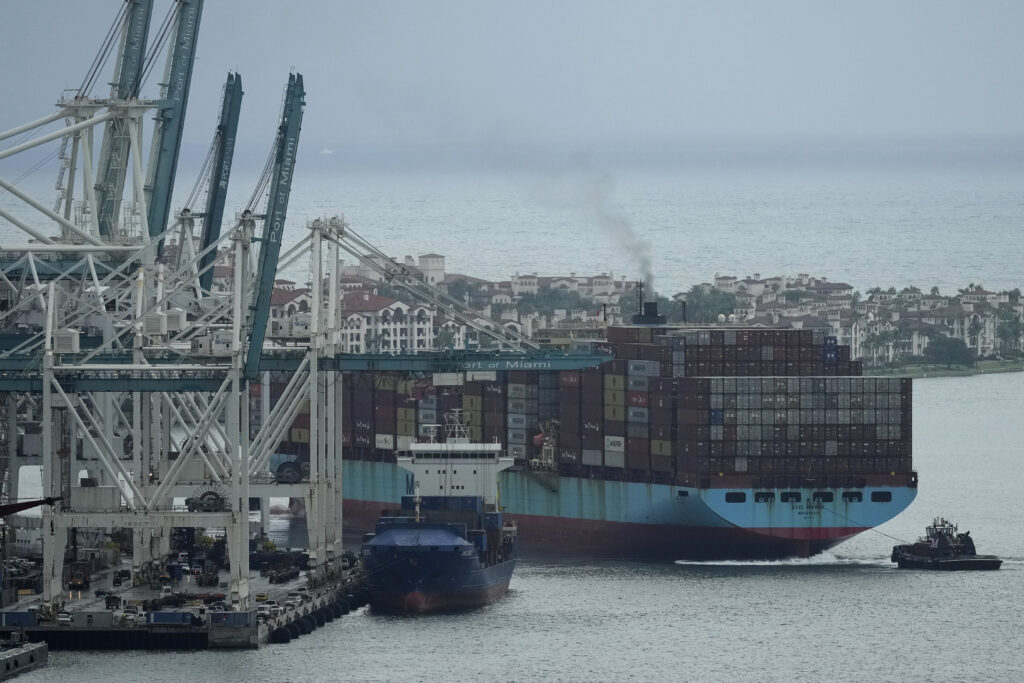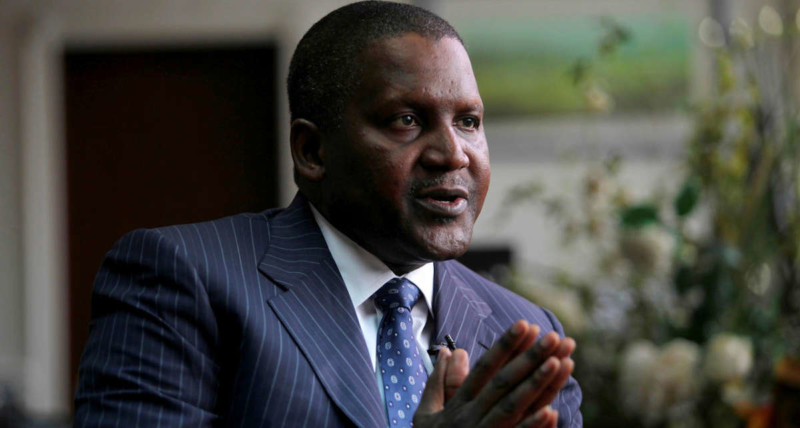United States Concludes Black Sea Maritime Transport Agreement During Ukraine-Russia Negotiations
WASHINGTON / J. Mansour / Morning Edition
The United States has brokered an agreement ensuring the safety of commercial shipping in the Black Sea following three days of negotiations with Ukrainian and Russian delegations in Riyadh. The agreement includes restrictions on the military use of vessels and provides support for Russian agricultural exports. This accord is part of broader efforts aimed at achieving a partial ceasefire in Ukraine.
Quick Overview of the Black Sea Agreement
The United States has concluded a maritime security agreement with Ukraine and Russia.
The pact prohibits the use of commercial vessels for military purposes.
Discussions in Riyadh included separate meetings with Ukrainian and Russian officials.
The United States will support Russian agricultural and fertilizer exports under the agreement.
The deal revives certain aspects of the suspended 2022 Black Sea Grain Corridor pact.
Trump, Putin, and Zelenskyy also agreed to suspend energy strikes.
Ceasefire talks continue amid ongoing drone and missile attacks.
The Kremlin confirms that the discussions were « constructive, » but no future meeting is planned.
More than 100 injured in a Russian missile strike on the Ukrainian region of Sumy.
Ukraine continues its drone strikes on Russian energy facilities.
United States Concludes Black Sea Maritime Transport Agreement During Ukraine-Russia Negotiations
Deep Insight
The United States announced on Tuesday that it had brokered a key agreement to ensure the safety of commercial maritime transport in the Black Sea, marking a temporary step toward de-escalation in the ongoing war between Russia and Ukraine. This announcement comes as U.S. officials concluded three consecutive days of talks with Ukrainian and Russian delegations in Riyadh, Saudi Arabia.
According to the White House, both parties agreed to uphold the principles of safe navigation and refrain from the use of force in the Black Sea, banning the military use of commercial vessels. While the full terms of the agreement have not been disclosed, it appears to be a partial revival of the 2022 Black Sea Grain Initiative, which had allowed Ukraine to export grain via its southern ports before being suspended by Russia in 2023.
Russian Foreign Minister Sergey Lavrov confirmed Moscow’s openness to the new agreement but emphasized that Russia’s interests must be protected. In this context, the United States stated that it would work to facilitate Russia’s access to global markets for agricultural and fertilizer exports, reduce maritime insurance costs, and improve port access and payment options—concessions aimed at addressing Moscow’s long-standing grievances.
The agreement also advances a previously announced plan between U.S. President Donald Trump, Russian President Vladimir Putin, and Ukrainian President Volodymyr Zelenskyy to end all energy infrastructure strikes. While the Trump administration claims that this includes broader energy and infrastructure goals, the Kremlin insists that the ceasefire applies only to energy facilities.
Despite the breakthrough in maritime transport, the war continues to rage on. Moscow and Kyiv persist with drone and missile attacks even as diplomatic efforts intensify. The Kremlin has stated that further discussions with Washington are likely, although no specific plan for a trilateral summit is in place.
Dmitri Peskov, the Kremlin’s spokesperson, described the Riyadh talks as « in-depth technical negotiations. » He clarified that the information is currently being analyzed in both capitals and stressed that, while no meeting is currently scheduled between Trump and Putin, one could be « quickly organized if necessary. »
Grigori Karasin, a senior Russian legislator who participated in the talks, called the meetings « difficult but constructive, » noting that the discussions lasted from morning until late in the evening.
Fighting Continues on Both Sides
While diplomacy progresses slowly, the violence has not subsided. The Russian Ministry of Defense accused Ukraine of continuing drone strikes on civilian energy infrastructure. A strike on Monday reportedly brought down a high-voltage power line connecting the Rostov Nuclear Power Plant in southern Russia to Tikhoretsk, and another targeted a gas distribution site in Luhansk, a Russian-occupied Ukrainian region.
The Russian Ministry of Defense sharply criticized Ukrainian President Zelenskyy, stating that he « cannot honor agreements » and accusing Kyiv of making it « impossible » for the guarantor countries to enforce future agreements.
On the Ukrainian side, the consequences of a major Russian missile strike continue to be felt. The number of people injured in Monday’s strike on the city of Sumy rose to 101, including 23 children, according to regional authorities. The missile struck residential buildings and a school, prompting emergency evacuations.
The Ukrainian Air Force reported that Russia launched a ballistic missile and 139 drones, including decoys, overnight. At least seven regions were hit, with injuries reported in several areas.
Although a 30-day ceasefire agreement in principle was concluded last week, the ongoing strikes on both sides highlight the fragile nature of the talks.
The Black Sea Maritime Agreement, however, represents one of the most tangible diplomatic advances in recent months. It is expected to contribute to the resumption of grain and goods shipments via Ukrainian ports, including Odesa, Mykolaiv, and Chornomorsk, while providing guarantees to Russian exporters.
Western analysts see this decision as a signal that the Trump administration is prioritizing commercial stability in strategic regions such as the Black Sea, even amidst the broader military and geopolitical complexities of the war.
Meanwhile, humanitarian concerns continue to grow. The disruption of food exports from Ukraine and Russia has driven global prices higher and increased food insecurity in certain regions of Africa, the Middle East, and Asia.
What Happens Next?
While both sides continue fighting and remain deeply distrustful, the current diplomatic effort seems focused on progressive agreements rather than a comprehensive peace deal. Nonetheless, the Black Sea agreement could provide momentum for new negotiations, especially if it leads to a reduction in hostilities and safer trade routes.
Although the Trump administration has heralded this as a major breakthrough, experts warn that the path to peace remains long and fraught with challenges.
Source: newslooks




